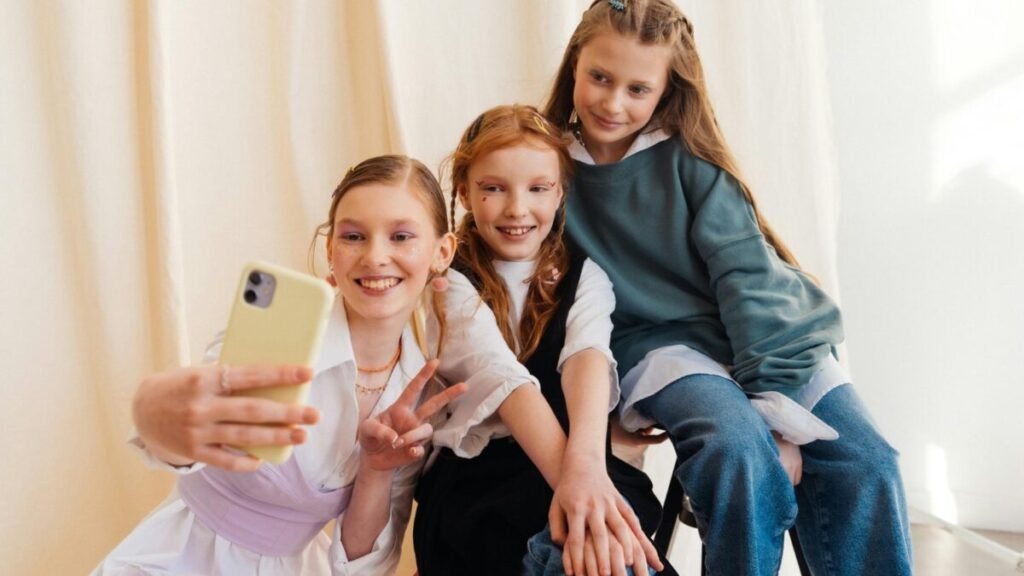“Caring for your image is protecting them: the dark side of exposing children on social media”

Social networks have normalized the constant exposure of private life. But when the protagonists are the youngest, the implications go far beyond the digital scope. Sharing images or data of minors – known as sharenting – has become common, although its risks are often underestimated. It is time to rethink this practice from responsibility and respect for their integrity.
Una huella digital sin consentimiento
Every photograph, video, or piece of data we upload about a minor feeds their digital footprint without them knowing or authorizing it. This information can be used for malicious purposes or be the subject of. Even seemingly innocent posts can facilitate the location or identification of the child, exposing them to real dangers. In addition, the fact that their data circulates without control compromises their future privacy and limits their right to decide about their image.

Consecuencias en su autoestima
Many minors are aware that they are being watched and judged by others through the posts shared by their adult references. This type of exposure can affect their self-concept, especially if the images are retouched or show idealized versions of themselves. The implicit message can be devastating: “you only matter if you fit in”. These dynamics are deeply ingrained during the.
La mercantilización del niño
Some content that includes minors achieves more views and engagement, leading many caregivers to post seeking notoriety, benefits, or monetization. In extreme cases, moments of suffering or humiliation are recorded to gain views, where the child goes from being a subject of love to an object of content.

Desconfianza y ruptura del vínculo
The child may begin to question the intentions of those who care for them: did they give me this because they love me or because they want to record it? This uncertainty undermines trust and blurs the boundaries of intimacy. Excessive sharenting can break that safe space where a child, student, or niece feels free to share what is happening to them.




